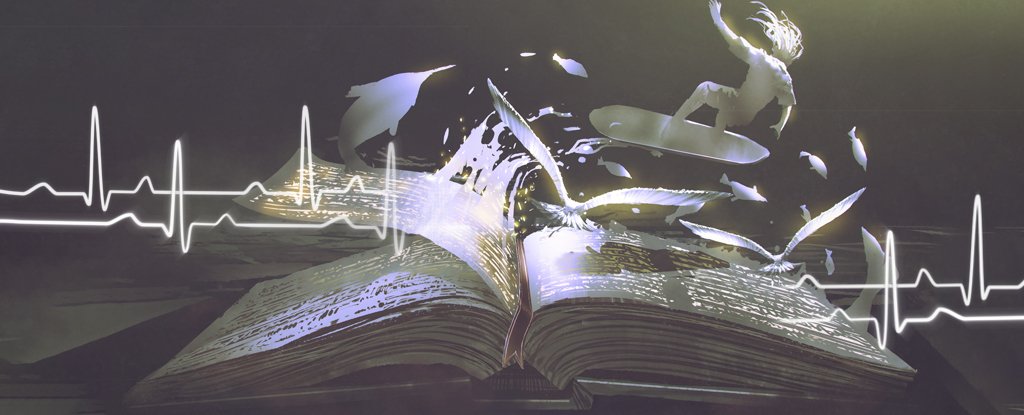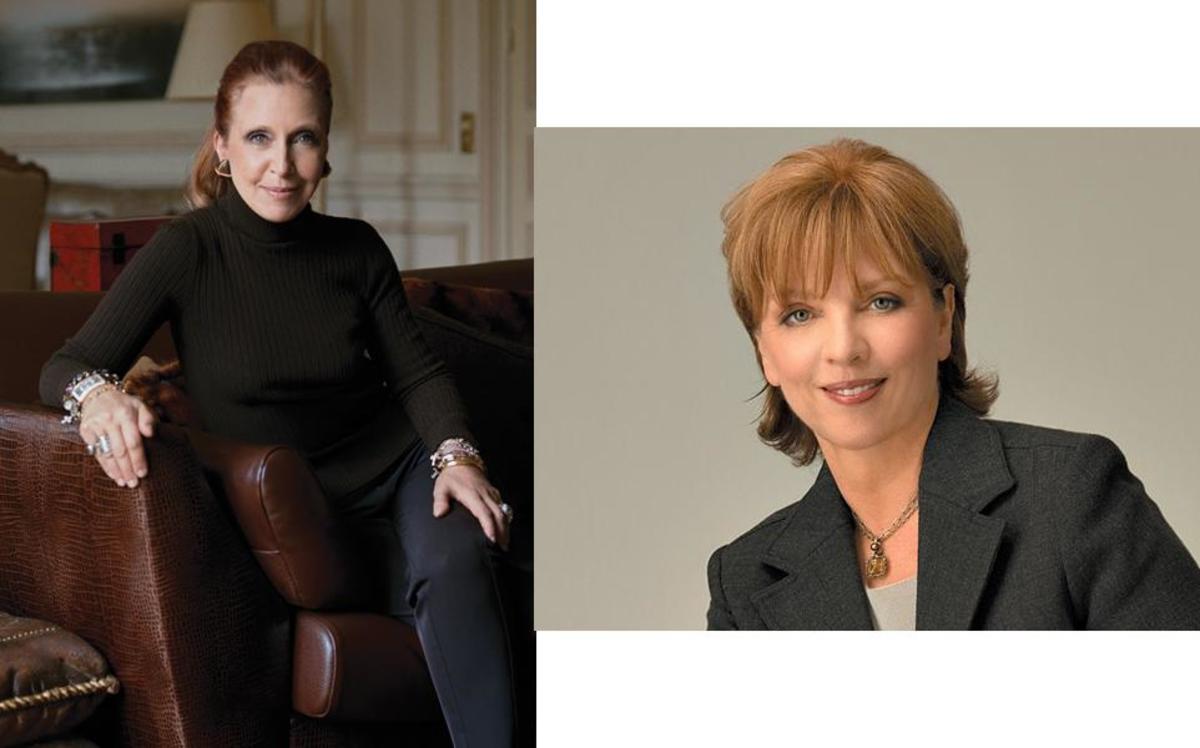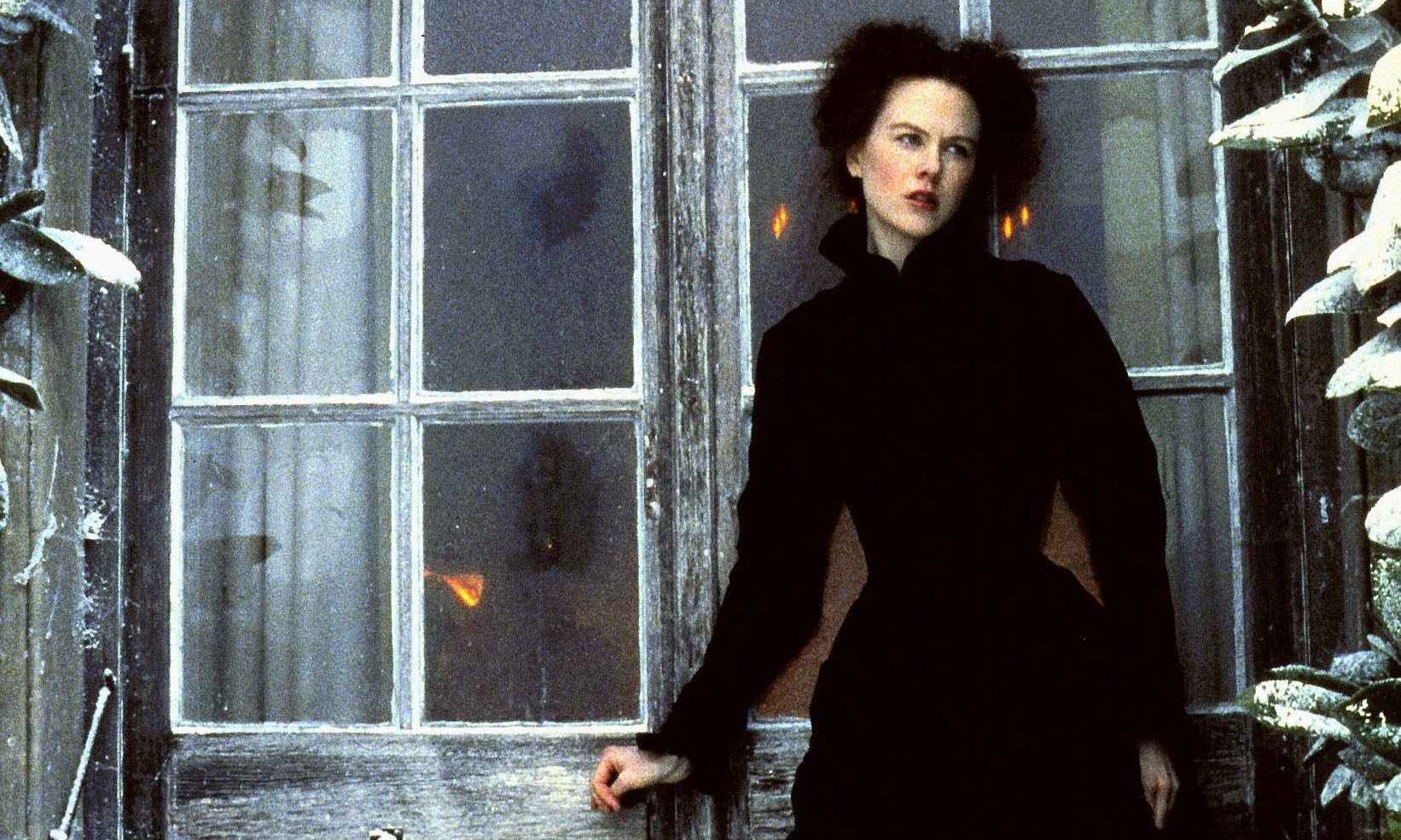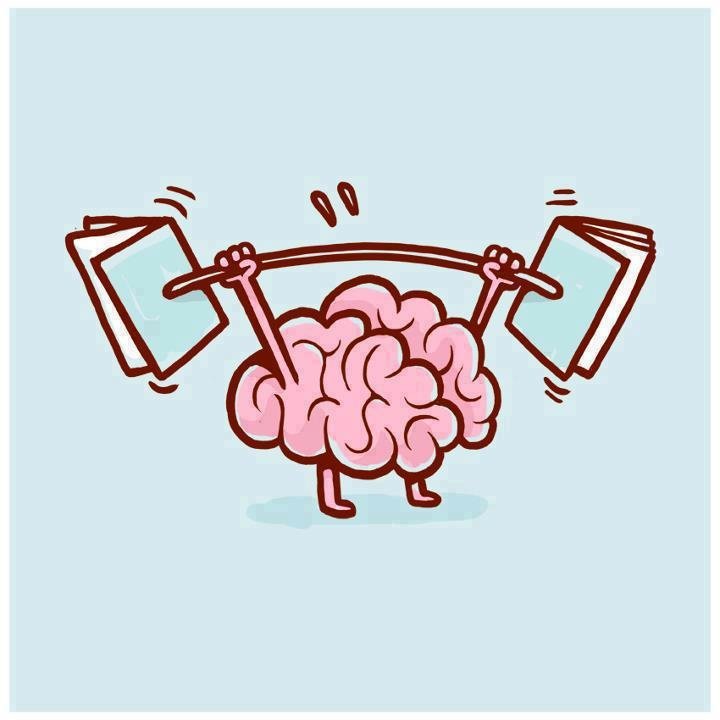Hi everyone,
I have just finished Only Enchanting by Mary Balogh, Book 4 of the Survivor's club series. This was an uncharacteristically contentious story, with a bit of quarreling. And because of the injury of one of the protagonists, it was an interesting read, Mary really gets you inside the mind of Flavian. On to the spoiler section and the few ideas that I felt were very interesting.
Now, on to Only a Promise :)
I have just finished Only Enchanting by Mary Balogh, Book 4 of the Survivor's club series. This was an uncharacteristically contentious story, with a bit of quarreling. And because of the injury of one of the protagonists, it was an interesting read, Mary really gets you inside the mind of Flavian. On to the spoiler section and the few ideas that I felt were very interesting.
This wasn't your average story as it happens. In the end they declare their love for one another, but the process that they go through to get there is actually very challenging. Flavian meets Agnes during a visit to his friend Vincent (the blind one). Agnes is a good friend of Vincent's wife and so she's a regular at their home.
Vincent and Sophie have just had a child and so they invite all the survivors to come and spend their annual gathering at their home, Agnes is around and Flavian meets her. The short of it is, she falls in love with him, inexplicably, and he lusts for her, he can't find any other way of having her than to marrying her, he proposes and she accepts. They enter their marriage and face challenges from both of their pasts. Flavian having sustained a head injury speaks with a stammer and has large memory gaps, which they resolve and move home finding themselves and each other in the process, and finding love for one another.
Their story explores an interesting concept: Passion. But from both angles of the idea. On the one they discuss passion as being something that can hinder one's progress. Something that some people use to run away from life, to ignore deeper feelings, they called it at some point, in Flavian's case, the only way he had of awakening any feelings, after experiencing pain.
That was a great description of an addiction, a single minded move towards something that isn't rational, that inspires only obsession, something that one must have or else. We use passion to ignore ourselves, we use passion to not look at our feelings, to not feel and see ourselves. That was a rather lovely idea.
Agnes despised passion, because her mother (or so she thought) had abandoned her and her family because she gave in to passion. Which she understands as simply a weakness, when she starts to fall for Flavian, she's constantly conflicted about the passion that she feels, yet unable to ignore it.
However, there was a lot of nuance, Flavian used passion to express his affection and admiration for Agnes, (and lust too of course) his mental capacity isn't there entirely, this makes him erratic, sometimes blunt, and frustrated. Mary explores his mental confusion rather nicely, reading her usual deep introspection in the head of someone who had an injury of the mind was difficult, but also super interesting.
He'd go back and forth with thoughts, ideas and conclusions, he could not remember and he'd be constantly frustrated over tiny details that meant little. Sometimes he behaved almost like a child, he expressed himself in sophisticated words but he'd trample all over them. The only way he had to determine what he felt for Agnes, and what he was willing to do for her, or what she meant for him, was through his passion for her, when he quieted his confused mind and allowed his body to speak for him.
It was interesting to see these two ideas contrasted against one another, passion, it can be one of the most detrimental aspects of ourselves, but it also has the capacity to break through barriers and create something real and true.
He said something that was very beautiful at some point, he realized that with Agnes, he felt safe.. and peaceful. In his constant state of confusion, he never found peace. Agnes represented that peace, but not because she was pleasant per se. In fact, she'd quite constantly question him, but her presence in his life brought over that peace that allowed for that passion to be constructive.
Within the idea of memory loss, they did an amazing job at depicting traumatic experiences that we've forgotten, either by time or distance, or by the severity of the trauma, or quite simply by not knowing or willing to ignore.
At a point during their first week of marriage, Flavian visit his former betrothed, Velma, who is hell bent on getting married to him, after her Earl of a husband passed away, and so she was without a title any longer. Thing is, she had already been betrothed to Flavian (after lying to Flavian's brother about her and Flavian being in love and then him having debauched her), but decided to leave him and marry his best friend after Flavian's injury. And he did not tell his wife, Agnes.
This begins a quarrel, Agnes feels betrayed, she confirms all her suspicions about passion being wrong, and regrets her choice of putting her guard down to let him in and follow her own passion. She resent him and herself and particularly what it all reminded her of, her mother.
That's the background, the reason Flavian went to visit Velma was because he did not remember any of the above, yet he felt at some level that there were unresolved issues with her, he didn't tell his wife because... he's not all there, big mistake, but there's more. She decides to leave him and be practically begs her to stay, she decides to stay and give it an honest shot and so he goes into efficient mode.
The way this all gets resolved is actually quite lovely, Flavian goes to find Agnes' mother (against her wishes) and gets more of her story. He brings it to Agnes and she resents it, but the reason for it is rather interesting.
He tells her that it's the best way he can return the favor, that Agnes had offered him, of helping him remember by asking him questions and being patient with his mental gaps, to make him whole again, so he regained his life back in his hands.
So that the past stops interfering with the present, so that the past may be left where it belongs, so that the past stops being a source of mistakes in the present. Flavian could not physically remember, yet he felt the emotions of the betrayal and abuse that Velma had put him and his brother through. Agnes offered Flavian a feedback mechanism to think his way through traumatic experiences that he had not been able to metabolize.
And so he gave her the same thing, memories, pieces of her past back so that she may grow out of her own past and find balance in being passionate. Not to forget, but to build and create. He gave her memories that she didn't know she had, that she didn't know were poking at opened wounds, memories that she remembered incorrectly.
He offered her a path, rough though it may be, to the peace she brought to his life with her mere presence and being.
And that was a lovely end to the story, as the book comes to an end, they finally go back to the home where his brother used to live, and reminisce of his life, everything that Flavian had been running away from, the grief and guilt, the regret. The memories that weren't gone due to the injury, but due to the pain that they would most certainly bring. Flavian remembered everything that Velma had put them through, he remembered the last time he saw his brother alive, smiling and having a kind gesture with him.
He remembered the pain, he remembered the regret and nostalgia, he remembered all the emotions that came with facing one's past with today's eyes. His wife was the honest set of eyes that would not allow him to lie to himself or to ignore and pretend he was strong enough or wasn't impacted by it.
Through the hellish memories being brought back he found peace as his wife held him, and his stammer disappeared. It would show as a sign that he was under stress, or frustrated or nervous. The last time he had one in their story was when he told her he loved her, and that's powerful. Saying it is difficult, but it's not just uttering the words, it's what speaking them from your heart implies. Creating a memory, making a promise, committing oneself to a life, admitting vulnerability and taking a leap of faith. It made me think of how crucial our words truly are and how they can't be thrown about carelessly, or with consideration.
By navigating through their painful past, they knew themselves and each other. By being loving partners they turned their traumatic past, into a peaceful present, same old wounds, abandonment, manipulation, lies and injury. They won't change their past, it's impossible, but they stopped denying that it was there, that it had an impact.
But interestingly enough, when we deny that the past had an impact on us, we become easier prey to it.
And so, that was the story of Flavian and Agnes, confusing at times, and hard to follow. But they dug through each other's memories and found pain that they offered one another as a path to peace and safety in one another.
Be it a loved one, or a therapist or a post in this forum, even a few pages written in a journal, I think that's what working through our own memories can achieve, peace. But as depicted by Flavian after he didn't disclose all the information to his wife, there's a level of commitment to the task of working on oneself that is needed for success to be a possibility.
It was a great story about facing yourself, what you don't wish to admit or look at and thus passionately ignore, but how you also could use some passion when working on your own stuff. And finally find peace within yourself, find the freedom to forgive by understanding what went on.
And lastly, I found it adorable how at the end Flavian says that he was waiting for her all his life, and Agnes responds that so was she, waiting for him all her life. That's heartwarming as only Balogh can deliver :)
Sorry if it was a bit confusing, and thank you for reading.
Vincent and Sophie have just had a child and so they invite all the survivors to come and spend their annual gathering at their home, Agnes is around and Flavian meets her. The short of it is, she falls in love with him, inexplicably, and he lusts for her, he can't find any other way of having her than to marrying her, he proposes and she accepts. They enter their marriage and face challenges from both of their pasts. Flavian having sustained a head injury speaks with a stammer and has large memory gaps, which they resolve and move home finding themselves and each other in the process, and finding love for one another.
Their story explores an interesting concept: Passion. But from both angles of the idea. On the one they discuss passion as being something that can hinder one's progress. Something that some people use to run away from life, to ignore deeper feelings, they called it at some point, in Flavian's case, the only way he had of awakening any feelings, after experiencing pain.
That was a great description of an addiction, a single minded move towards something that isn't rational, that inspires only obsession, something that one must have or else. We use passion to ignore ourselves, we use passion to not look at our feelings, to not feel and see ourselves. That was a rather lovely idea.
Agnes despised passion, because her mother (or so she thought) had abandoned her and her family because she gave in to passion. Which she understands as simply a weakness, when she starts to fall for Flavian, she's constantly conflicted about the passion that she feels, yet unable to ignore it.
However, there was a lot of nuance, Flavian used passion to express his affection and admiration for Agnes, (and lust too of course) his mental capacity isn't there entirely, this makes him erratic, sometimes blunt, and frustrated. Mary explores his mental confusion rather nicely, reading her usual deep introspection in the head of someone who had an injury of the mind was difficult, but also super interesting.
He'd go back and forth with thoughts, ideas and conclusions, he could not remember and he'd be constantly frustrated over tiny details that meant little. Sometimes he behaved almost like a child, he expressed himself in sophisticated words but he'd trample all over them. The only way he had to determine what he felt for Agnes, and what he was willing to do for her, or what she meant for him, was through his passion for her, when he quieted his confused mind and allowed his body to speak for him.
It was interesting to see these two ideas contrasted against one another, passion, it can be one of the most detrimental aspects of ourselves, but it also has the capacity to break through barriers and create something real and true.
He said something that was very beautiful at some point, he realized that with Agnes, he felt safe.. and peaceful. In his constant state of confusion, he never found peace. Agnes represented that peace, but not because she was pleasant per se. In fact, she'd quite constantly question him, but her presence in his life brought over that peace that allowed for that passion to be constructive.
Within the idea of memory loss, they did an amazing job at depicting traumatic experiences that we've forgotten, either by time or distance, or by the severity of the trauma, or quite simply by not knowing or willing to ignore.
At a point during their first week of marriage, Flavian visit his former betrothed, Velma, who is hell bent on getting married to him, after her Earl of a husband passed away, and so she was without a title any longer. Thing is, she had already been betrothed to Flavian (after lying to Flavian's brother about her and Flavian being in love and then him having debauched her), but decided to leave him and marry his best friend after Flavian's injury. And he did not tell his wife, Agnes.
This begins a quarrel, Agnes feels betrayed, she confirms all her suspicions about passion being wrong, and regrets her choice of putting her guard down to let him in and follow her own passion. She resent him and herself and particularly what it all reminded her of, her mother.
That's the background, the reason Flavian went to visit Velma was because he did not remember any of the above, yet he felt at some level that there were unresolved issues with her, he didn't tell his wife because... he's not all there, big mistake, but there's more. She decides to leave him and be practically begs her to stay, she decides to stay and give it an honest shot and so he goes into efficient mode.
The way this all gets resolved is actually quite lovely, Flavian goes to find Agnes' mother (against her wishes) and gets more of her story. He brings it to Agnes and she resents it, but the reason for it is rather interesting.
He tells her that it's the best way he can return the favor, that Agnes had offered him, of helping him remember by asking him questions and being patient with his mental gaps, to make him whole again, so he regained his life back in his hands.
So that the past stops interfering with the present, so that the past may be left where it belongs, so that the past stops being a source of mistakes in the present. Flavian could not physically remember, yet he felt the emotions of the betrayal and abuse that Velma had put him and his brother through. Agnes offered Flavian a feedback mechanism to think his way through traumatic experiences that he had not been able to metabolize.
And so he gave her the same thing, memories, pieces of her past back so that she may grow out of her own past and find balance in being passionate. Not to forget, but to build and create. He gave her memories that she didn't know she had, that she didn't know were poking at opened wounds, memories that she remembered incorrectly.
He offered her a path, rough though it may be, to the peace she brought to his life with her mere presence and being.
And that was a lovely end to the story, as the book comes to an end, they finally go back to the home where his brother used to live, and reminisce of his life, everything that Flavian had been running away from, the grief and guilt, the regret. The memories that weren't gone due to the injury, but due to the pain that they would most certainly bring. Flavian remembered everything that Velma had put them through, he remembered the last time he saw his brother alive, smiling and having a kind gesture with him.
He remembered the pain, he remembered the regret and nostalgia, he remembered all the emotions that came with facing one's past with today's eyes. His wife was the honest set of eyes that would not allow him to lie to himself or to ignore and pretend he was strong enough or wasn't impacted by it.
Through the hellish memories being brought back he found peace as his wife held him, and his stammer disappeared. It would show as a sign that he was under stress, or frustrated or nervous. The last time he had one in their story was when he told her he loved her, and that's powerful. Saying it is difficult, but it's not just uttering the words, it's what speaking them from your heart implies. Creating a memory, making a promise, committing oneself to a life, admitting vulnerability and taking a leap of faith. It made me think of how crucial our words truly are and how they can't be thrown about carelessly, or with consideration.
By navigating through their painful past, they knew themselves and each other. By being loving partners they turned their traumatic past, into a peaceful present, same old wounds, abandonment, manipulation, lies and injury. They won't change their past, it's impossible, but they stopped denying that it was there, that it had an impact.
But interestingly enough, when we deny that the past had an impact on us, we become easier prey to it.
And so, that was the story of Flavian and Agnes, confusing at times, and hard to follow. But they dug through each other's memories and found pain that they offered one another as a path to peace and safety in one another.
Be it a loved one, or a therapist or a post in this forum, even a few pages written in a journal, I think that's what working through our own memories can achieve, peace. But as depicted by Flavian after he didn't disclose all the information to his wife, there's a level of commitment to the task of working on oneself that is needed for success to be a possibility.
It was a great story about facing yourself, what you don't wish to admit or look at and thus passionately ignore, but how you also could use some passion when working on your own stuff. And finally find peace within yourself, find the freedom to forgive by understanding what went on.
And lastly, I found it adorable how at the end Flavian says that he was waiting for her all his life, and Agnes responds that so was she, waiting for him all her life. That's heartwarming as only Balogh can deliver :)
Sorry if it was a bit confusing, and thank you for reading.
Now, on to Only a Promise :)
















